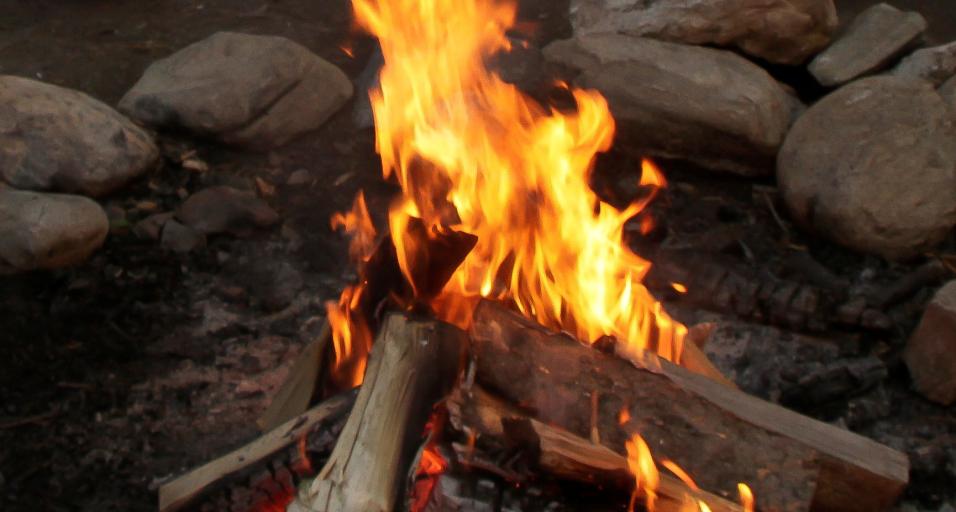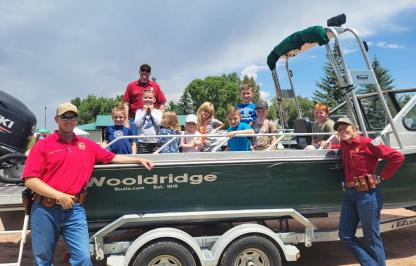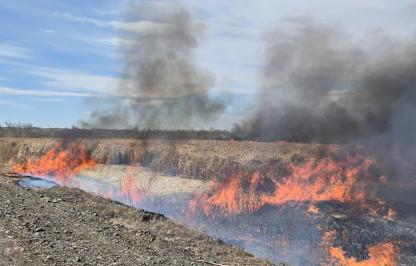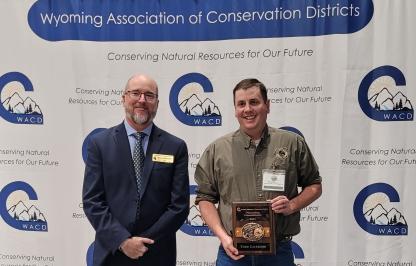Last fall, a hunter’s abandoned warming fire ignited the surrounding forest and burned more than 61,000 acres, destroying 58 homes in the Roosevelt Fire south of Jackson. Hot and uncontrolled fall fires, like the Roosevelt, can cause devastating damage to homes and affect hunting seasons and wildlife habitats.
“Fall wildfires have much different implications than a controlled springtime fire,” said Ray Bredehoft, Wyoming Game and Fish Department habitat and access branch chief. “When fires are used as a management tool to benefit wildlife, they burn at a different temperature in a controlled environment for a specific purpose.”
A fall wildfire, with its increased temperature and drier conditions, scorches the soil and sterilizes it to the point that native plants struggle to recover for years. It creates an environment primed for weeds, like cheatgrass, that are extremely difficult and costly to eradicate.
A wildfire, like the Roosevelt, that starts and burns through the fall can also have significant effects on hunting access.
“Some of our hunt areas had to close completely last year as a result of fires in the area,” Bredehoft said.
To prevent impacts to hunting seasons, the Game and Fish, Forest Service and other land-management agencies may institute fire bans or restrictions on their properties throughout the summer and fall.
“A fire ban is meant to keep the public safe and protect wildlife habitat,“ Bredehoft said. “If there are restrictions on Game and Fish property, they will be posted on the website as they are implemented or lifted.”
Hunters should check with each respective land-management agency to see if their camping location has any fire restrictions or rules.
With any fire, hunters should take care to:
- Never leave a fire unattended
- Clear the ground and remove branches to make sure there is enough clearance below, above and around the fire.
- Avoid building a fire under or at the base of a tree. Fire can burn into roots and smolder for days before becoming a wildfire.
- If it is windy, do not start a warming fire.
- Keep fires at a manageable size. A large fire requires more work and water to ensure it’s completely out.
- Drown a fire with plenty of water and dirt. Stir to make sure everything is wet and muddy. If water is not available, stir in cool dirt and smother the fire to remove heat.
Smokey the Bear’s adage prevails in the fall — ”Only you can prevent forest fires.” Hunters are encouraged to take extreme care when building fires at camp and ensure they are completely out before going to bed, leaving for the day or packing out.




